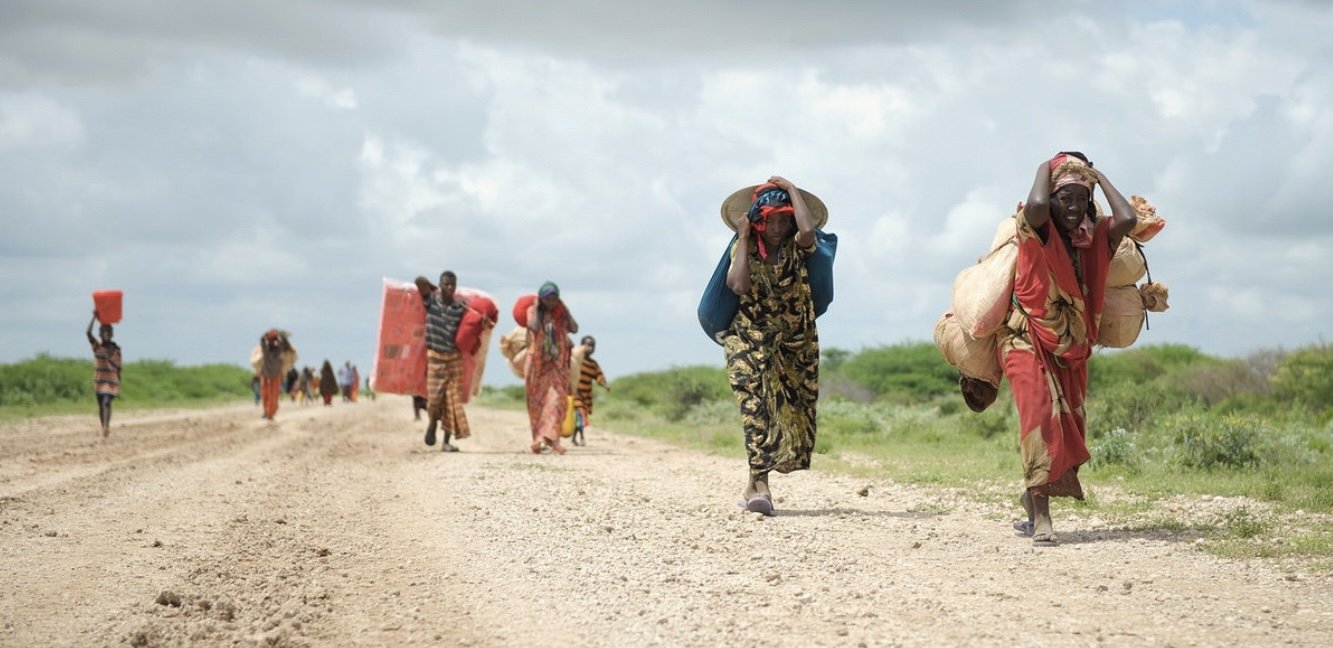
T_CREAM

CREAM - Climate Reporting in East African Media
The goal of CREAM (Climate Reporting in East African Media) is to enable citizens and farmers in the East African Community (EAC) to prepare for and counteract the damaging consequences of Climate Change.
The goal of CREAM (Climate Reporting in East African Media) is to enable citizens and farmers in the East African Community (EAC) to prepare for and counteract the damaging consequences of Climate Change. The project is led by MiCT, JESE (Joint Effort to Save the Environment), and EARS (East Africa Radio Service) to establish a regional network of radio stations across Uganda, Tanzania, and Kenya that foster informed discourse on climate change, incorporating issues like drought, floods, water scarcity, locust plagues, and food insecurity.
These issues have been further exacerbated in the region by the concurrent global ramifications of the COVID-19 pandemic and the Ukraine war. Over 20 million people suffer from hunger and many rely on subsistence farming which has a severe impact on local agriculture. Despite COP27’s efforts in climate finance, effective local-level adaptation and sustainable solutions are still urgently needed. While the scale of climate reporting is indeed improving in Africa, another critical aspect of climate reporting in Africa is who tells, and how the story is told. In other words, how the climate narratives are framed and communicated in Africa and abroad. This is important because how Africa's climate story is told can have significant implications on various levels, such as shaping public perceptions, local and global policies, international collaborations and partnerships, global solidarity and climate justice action. This underscores the need to prepare and equip African and Global journalists alike with the capacity and tools they need to provide contractive, fact based, and impactful reporting on climate change without fear or favor and without stripping Africans of their humanity and dignity.
In light of this complex and urgent reality, public debates,media coverage, and communication about climate awareness in the region are sorely needed to address the problems and challenges that stem from it.
“Climate change is hitting our livelihoods seriously hard, most especially the agricultural sector. Farmers are losing their crop and incomes. This means that households are increasingly becoming more vulnerable and poorer. On the one hand, East African countries are experiencing a rapidly growing population that needs to be fed. Therefore, it’s important that the media helps to inform people especially in the rural areas with factual information on climate changes and prepare them to adapt to climatic change that is currently ravaging our region”, says BUSIINGE Christopher, Joint Effort to Save the Environment (JESE), Uganda.
Radio is still the primary medium for disseminating information in East Africa, particularly in rural areas with limited smartphone usage. Local radio stations are crucial for disseminating information on health, education, agriculture, and local politics and often function as civil society organizations in their capacity to form trusting relationships with their listeners. Radio is a trusted news source in Uganda, Tanzania, and Kenya, where it is an integral part of the community and can perform an innovative role in climate change communication. The project aims to enhance the editorial capacities of local radio stations in climate and environmental reporting across the EAC member states to foster the exchange of information on the local effects of climate change, stimulate cross-border dialogue, and generate awareness among the local population.
MiCT engages in a dynamic range of activities centered around climate and environmental reporting, with a particular focus on the Middle East and Sub-Saharan Africa. The organization collaborates with local initiatives and journalists to deepen the understanding and reporting of environmental issues in these regions.
MiCT & Climate: We collaborating with initiatives like the Blue Peace Initiative and the Nile Basin Initiative, as well as with JESE – Joint Effort to Save the Environment in Uganda. These partnerships are instrumental in addressing the multifaceted aspects of increasing environmental challenges. The Blue Peace Initiative focuses on fostering cooperative approaches to water resource management to promote peace and sustainability in Jordan, Palestine, Syria, and Iraq. MiCT also works with The Nile Basin Initiative to cover the development of crucial water resources for the ecological and economic well-being of the Nile Basin region. We also supported local radio stations to broadcast programs about farming innovation in Burkina Faso. MiCT is currently launching a new initiative in East Africa to network experts and support radio stations to produce programs on climate and environmental issues. www.khatt30.org regularly publishes articles about climate and the environment.
